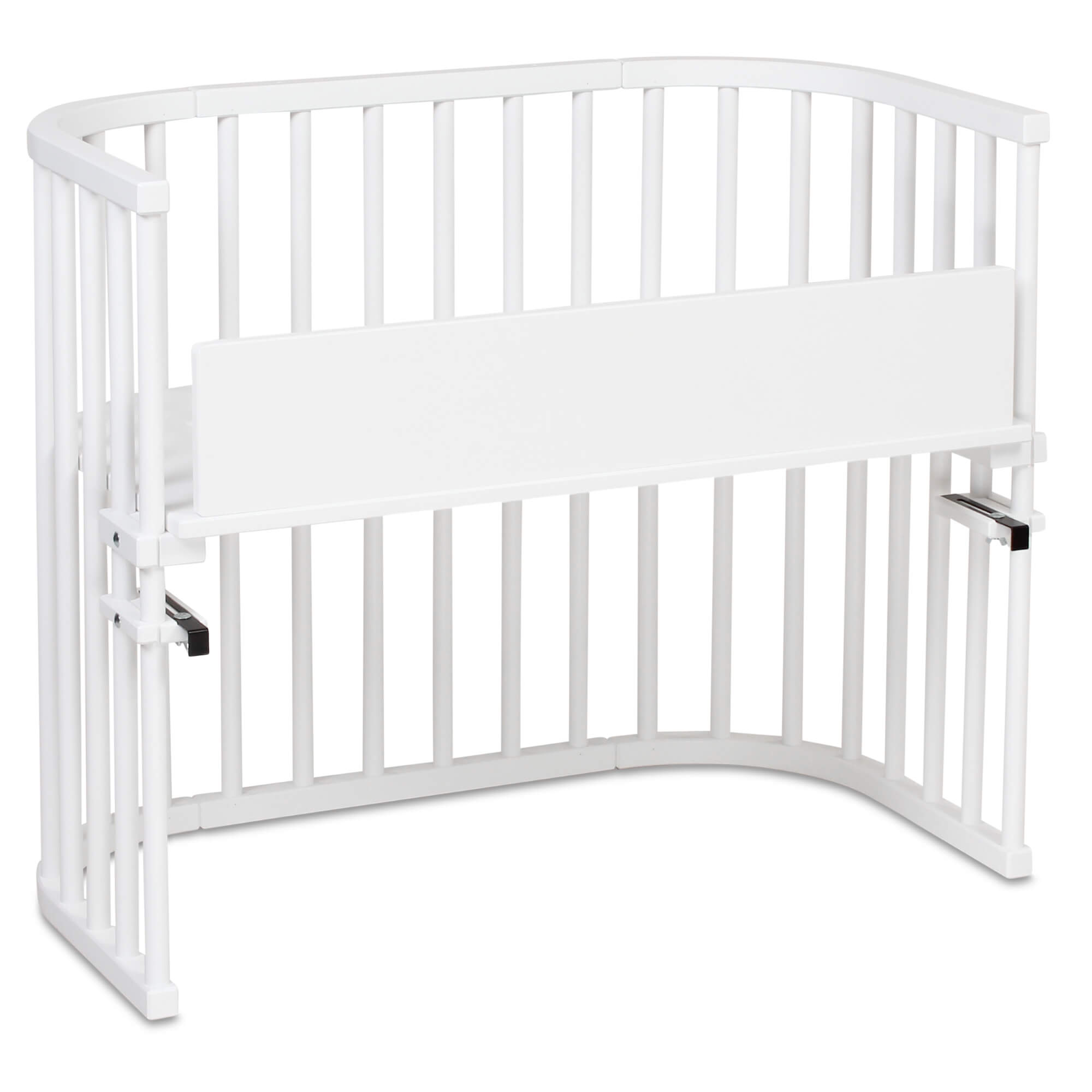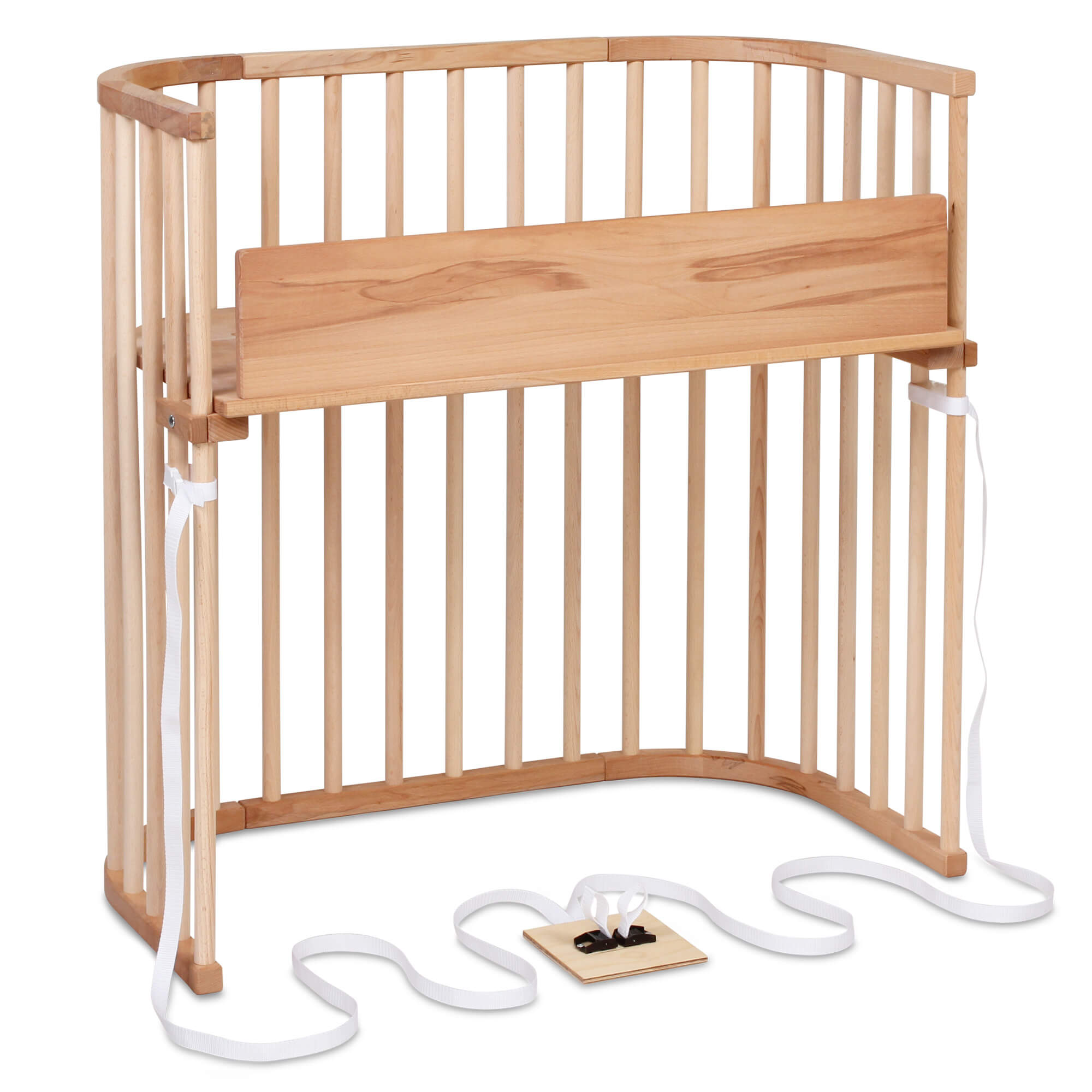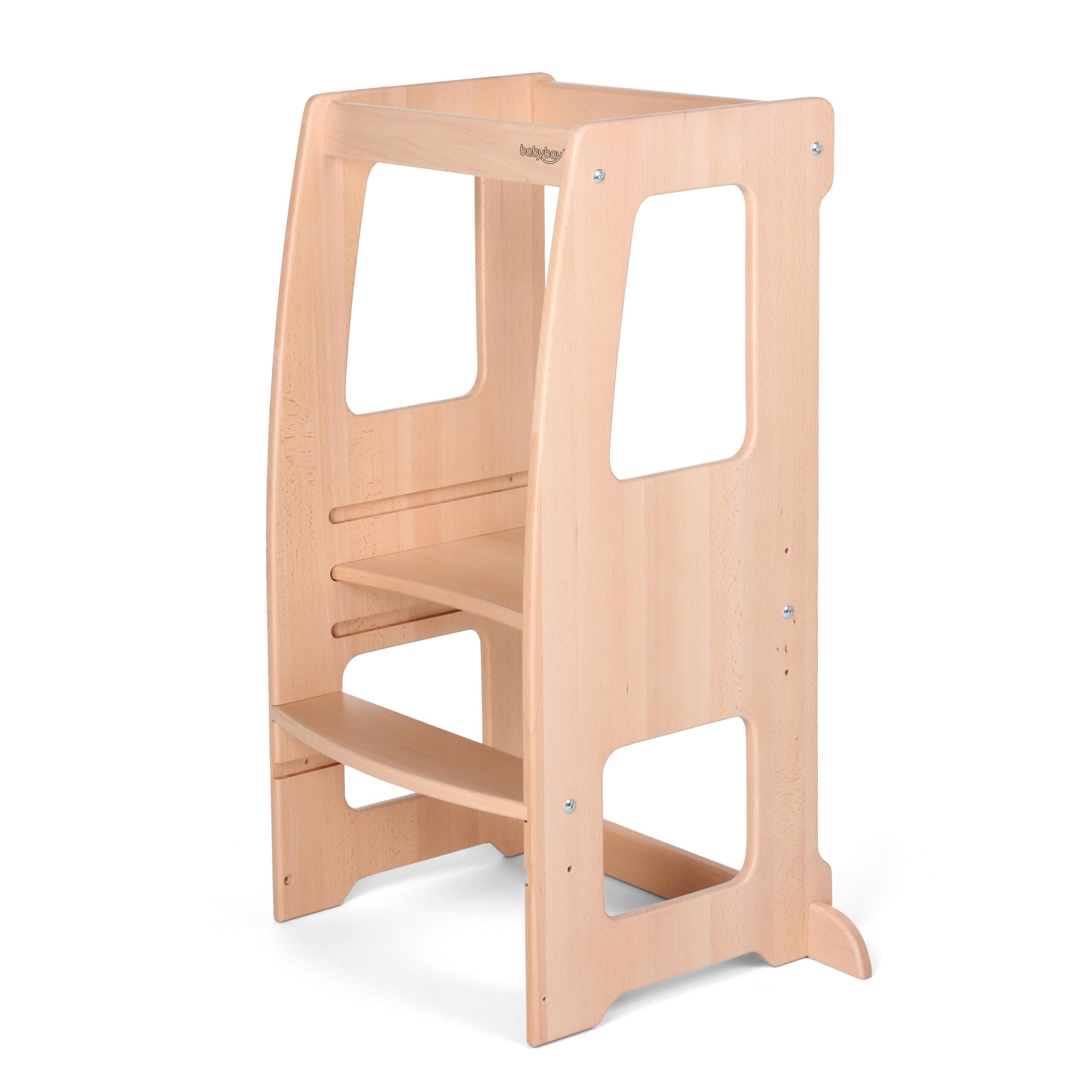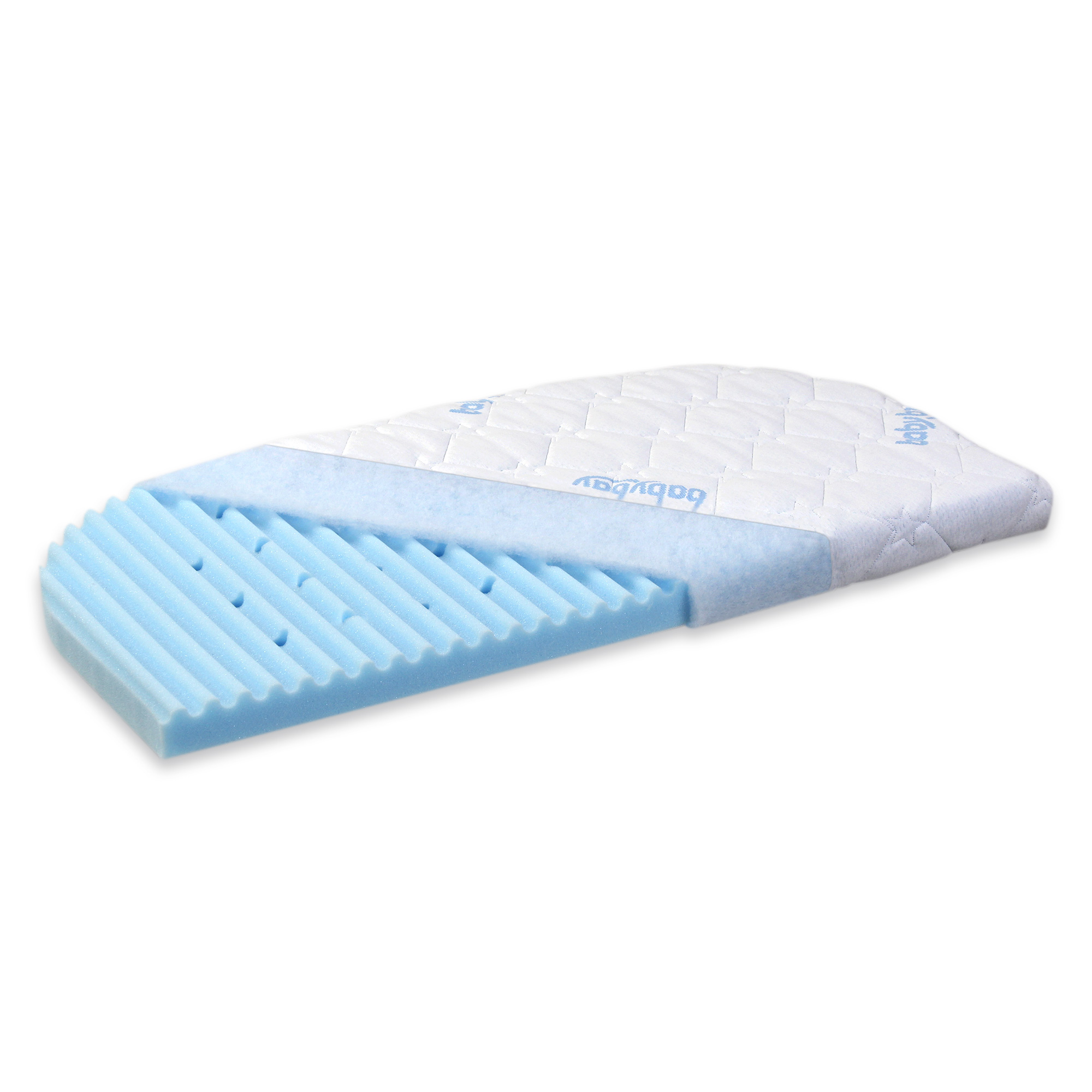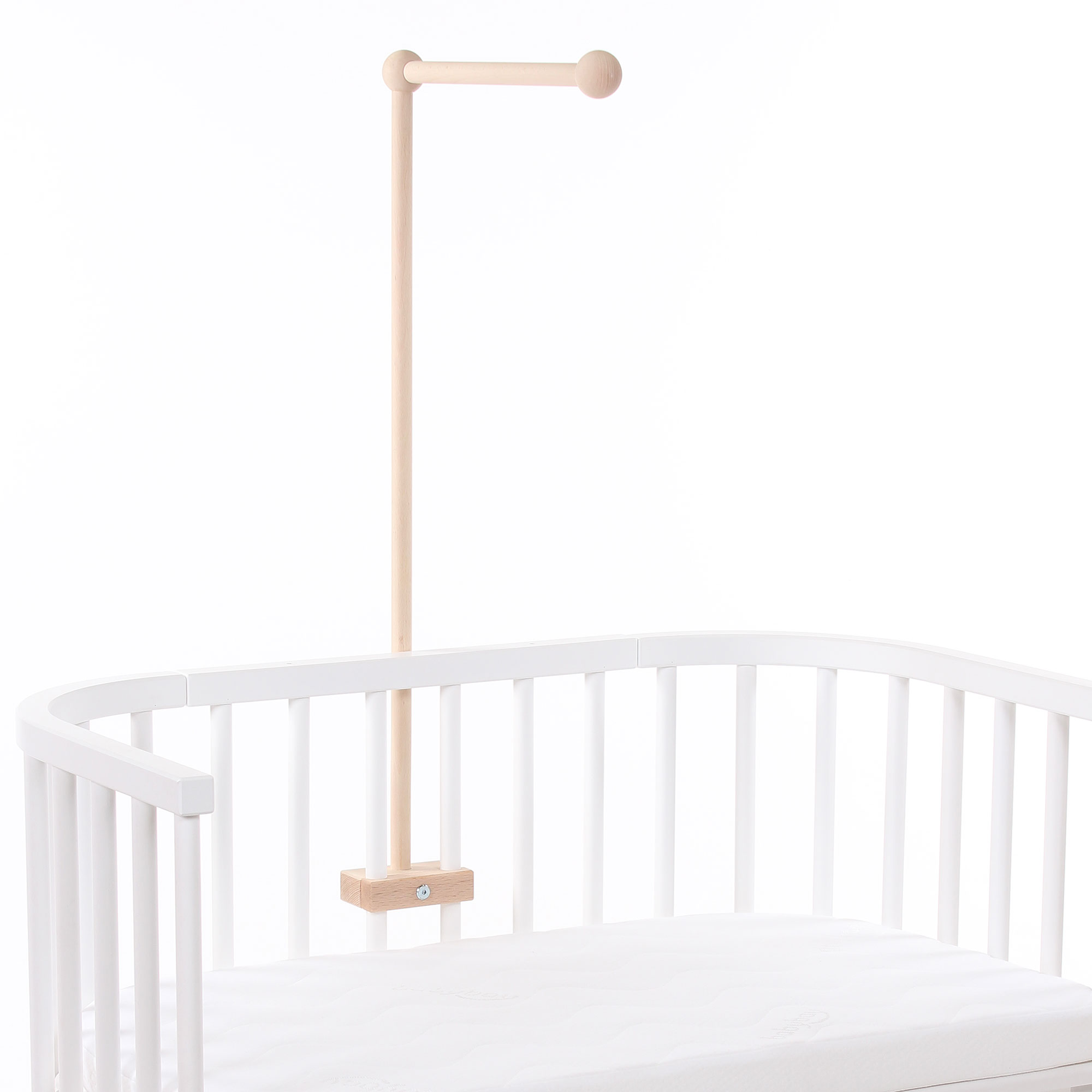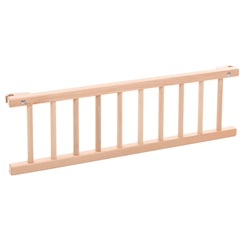What do baby separation anxiety, sleep problems, and restless nights all have in common?
Well, they can all show up at a very particular moment in your baby’s healthy development journey.
It’s common for babies between 6 months and 3 years of age to exhibit signs of separation anxiety—the kind that leave them calling for mom and dad, crying when you leave the room, and getting clingy even when plenty of attention is being offered.
And though a little separation anxiety shouldn’t be a cause of concern, it can frustrate parents as they’re left exhausted and unsure how to give their little one what they need while still getting some sleep of their own. 
So we’re going to break down what causes separation anxiety during a very particular stage of your child’s development, and what you can do to help!
Why Is Separation Anxiety a Part of My Child’s Healthy Development?
Your child’s healthy development journey is complex, and made up of a lot of stages that don’t always make sense to adults at first.
If your child is feeling anxious whenever you leave the room (or you have a baby fighting sleep as soon as it’s bedtime), it’s likely because they’ve reached the stage in their growth when they can process their own dependence.
During this stage, they begin to realize how important it is for adults nearby to offer them care. And that can lead to a little anxiety and a whole lot of restlessness.
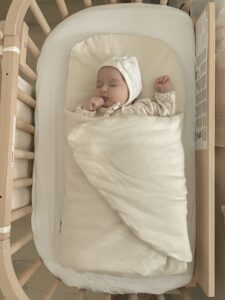
Think of it this way: if your baby isn’t yet able to think through how dependent they are on the adults around them, they won’t feel anxiety when any of those adults go away.
But once they understand that adults are the ones who help them grow big and strong by offering them love and support, they’ll feel frustrated when those caregivers aren’t in their sight—which might lead to some tears and frustration from time to time.
At the end of day, these signs of anxiety aren’t a bad thing. They’re your child demonstrating love and appreciation for the many ways you care for them.
What Are the Signs of Separation Anxiety in Babies?
There are a few ways to tell that your baby has hit the healthy development stage when anxiety in babies appears.
You’ll probably notice your little one trying when you or another caregiver leave the room. But you also might notice more signs of clinginess, fussiness, or frustration on their part.
Some common signs of separation anxiety in newborns include:
- Feelings of fear and anxiety when you or a caregiver leave the room or are out of sight
- Screaming, crying, shaking, or hiding their face when someone new comes near
- A disinterest in being held or approached by new people (and a clear interest in wanting to come back to your arms!)
- Issues with going to sleep easily, or a frequent need to be comforted during the night
How Do I Handle Separation Anxiety in Babies?
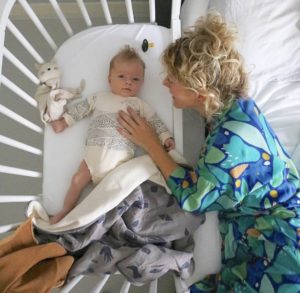
Though anxiety in babies might not be a new or uncommon thing, there are still steps you can take to ease your baby’s overwhelmed feelings and help them get good sleep during the night.
Show Your Child Comfort (Consistently!)
Sure, this might sound like a no-brainer, but consistent comfort is the key to helping ease your baby’s anxiety.
The more consistently you offer comfort, the faster your child will learn that you’ll be there for them whenever a need pops up. Which means they’ll trust that you’ll be back every time you leave the room (and all those “please don’t leave me!” feelings will be gone).
Practice Leaving Your Baby
Leaving your baby can be hard—both for them and you! If your baby is hard to calm when mom and dad are away, practice leaving for little bits at a time. You can leave your baby in their crib or bedside co sleeper and sing or nurture them from a room away.
This will help them practice the self-soothing process when you’re away, while also helping them learn that you’ll always come back when you leave.
Nurture Independence—By Being Just an Arm’s Reach Away
Independence comes with trust. The more confident your baby is that you’ll always be there to care for them, the more confidently they’ll try new experiences and explore their world in more depth. 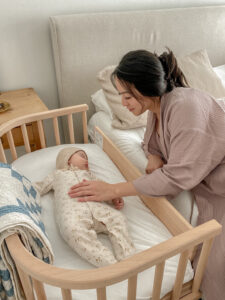
You can foster this independence from the moment your baby is born by safely co sleeping with a newborn or practicing other safe sleep solutions that keep you near your child through the night.
Your baby will appreciate the closeness this offers, which will help them have an easier time embracing their own independence once they transition to a crib or room of their own.
So that separation anxiety, sleep problems, and other common concerns feel like an easy transition for you and your family—and nights of sleep feel easy to achieve!

